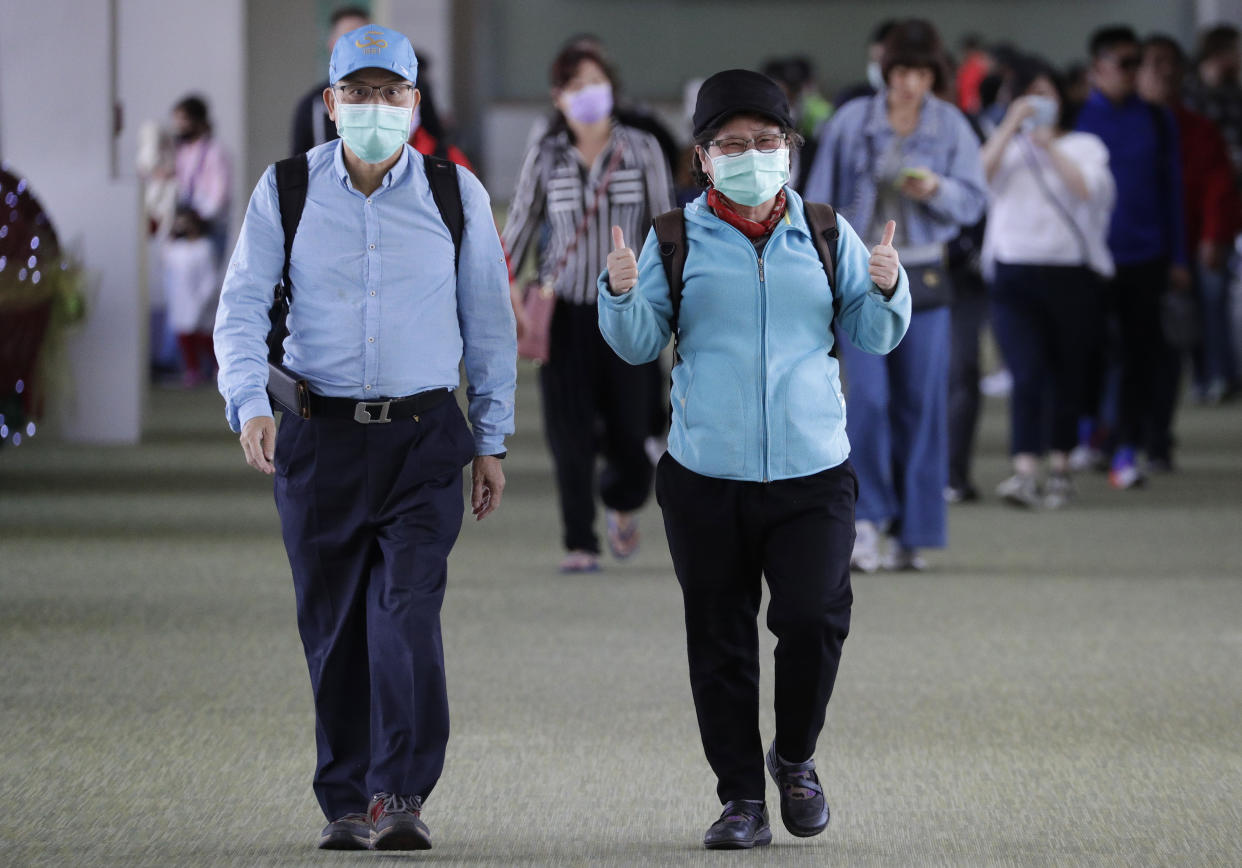Amazon has reduced the economic risk of the Wuhan coronavirus

The recent outbreak of coronavirus in Wuhan, China, has quickly spread to other parts of the world, killing at least 17 people and causing illnesses in nearly 600 people. China’s government has restricted travel and canceled many events around the Lunar New Year holiday. The U.S. Centers for Disease Control and Prevention on Thursday raised its travel alert for the outbreak to a level 3, recommending people avoid nonessential travel to Wuhan.
The economic effects of this are potentially large. As UBS’s Paul Donovan said Wednesday, these fears have caused the markets to “wobble” and memories of SARS mean this could be a player for a few months and affect travel and consumer spending.
But one significant thing has changed since the 2003 SARS outbreak: online shopping. The rise of ecommerce — and Amazon (AMZN), in particular, which could make up around half of all ecommerce in two years — means that fewer people are out and about.
“That reduces the economic impact of the virus,” Donovan wrote. “However, most economic damage from a virus comes from fear. Social media is far more widespread today. We know that social media spreads fake news farther and faster than it spreads the truth.”
Still a lot of non-online activity to take into account
While Amazon and others mean that people will still be spending plenty amid fears, there are other areas where impact could be felt.
According to Deutsche Bank analysts, the SARS and MERS events saw a few “sharp declines” in a few areas: retail, tourism, hotel, catering, and travel activities.
Sometimes, they added, schools can close, but generally, “most other services and trade and manufacturing activities are unlikely to be affected much.”
Furthermore, affected areas recover quickly — even before authorities give the all clear. This time, however, Deutsche Bank noted, China’s forthcomingness with the World Health Organization means things are being dealt with rapidly, even with the Lunar New Year.
A Wells Fargo Securities note put the recent outbreak into context by pointing out that the CDC says the flu has killed 6,600 people this season. But when a disease spreads rapidly and sows panic, it creates serious economic problems. The SARS outbreak caused a $40 billion loss to the economy.
-
Ethan Wolff-Mann is a writer at Yahoo Finance focusing on consumer issues, personal finance, retail, airlines, and more. Follow him on Twitter @ewolffmann.
The first thing to do after you're involved in a hack, according to experts
Companies are secretly scoring you, but good luck getting your data
'Snake oil salesmen': Two neurologists respond to the CBD craze
Large-scale credit card hackers back for the holiday season, ex-FBI investigator says
Read the latest financial and business news from Yahoo Finance
Follow Yahoo Finance on Twitter, Facebook, Instagram, Flipboard, LinkedIn, YouTube, and reddit.

